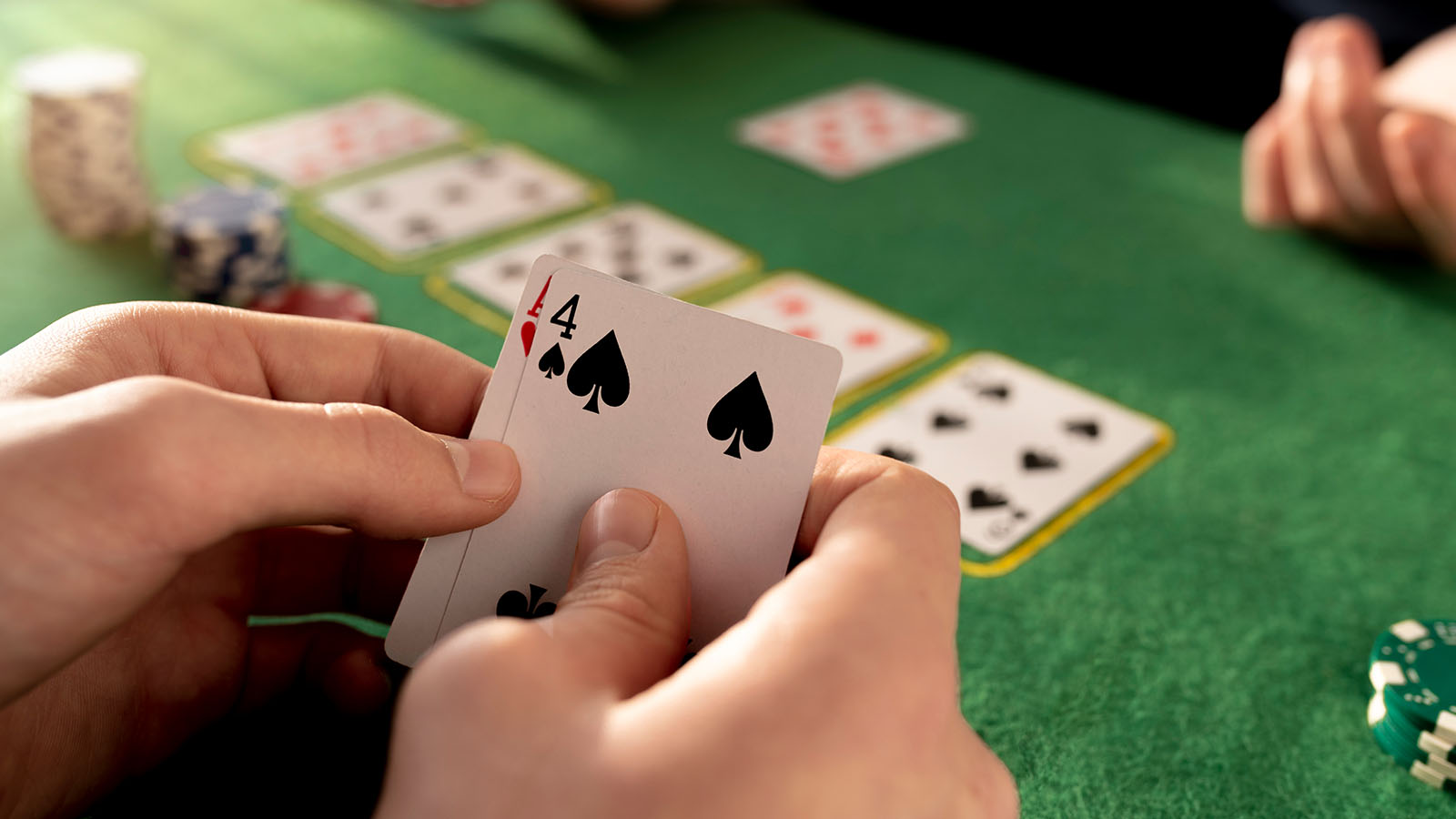Gambling habits vary significantly across different cultures, reflecting unique societal norms, beliefs, and values. From the high-stakes casinos of Las Vegas to the underground Mahjong parlors in China, the way people engage with gambling is a window into the intricacies of their cultural backgrounds. These differences not only shed light on the diversity of human behavior but also highlight the impact of social, economic, and historical factors on our relationship with games of chance. By exploring the cultural nuances of gambling habits, we can gain a deeper understanding of how societies around the world view risk, luck, and entertainment.
Introduction to Cultural Differences in Gambling Habits

Gambling habits vary widely across different cultures around the world, reflecting the unique values, traditions, and norms of each society. In some cultures, gambling is deeply ingrained as a form of entertainment and social activity, while in others it may be frowned upon or even illegal. Understanding these cultural differences in gambling habits is essential for casinos, gaming companies, and policymakers looking to cater to diverse populations. By exploring how different cultures approach gambling, we can gain insights into the factors that influence individuals attitudes towards risk-taking, luck, and chance. This knowledge can help inform decision-making processes and lead to more effective strategies in the gambling industry. So, lets delve into the fascinating world of cultural differences in gambling habits and uncover the unique perspectives that shape this universal pastime.
The Impact of Culture on Gambling Behaviors

The Impact of Culture on Gambling Behaviors can vary significantly among different societies and ethnic groups. Cultural norms, values, and traditions play a crucial role in shaping individuals attitudes towards gambling. In some cultures, gambling may be seen as a harmless form of entertainment while in others it may be strictly condemned. Furthermore, the availability of gambling opportunities and the societal acceptance of gambling can also influence individuals gambling habits. Understanding these cultural differences is essential in developing effective prevention and intervention strategies for addressing problematic gambling behaviors. By recognizing the impact of culture on gambling behaviors, researchers and policymakers can work towards promoting responsible gambling practices while respecting cultural diversity.
Cultural Influences on Perceptions of Gambling

Cultural influences play a significant role in shaping individuals perceptions of gambling across different societies. In some cultures, gambling may be seen as a form of entertainment and social activity, while in others it may be frowned upon or even prohibited. For example, in some Eastern cultures, gambling is intertwined with traditions and beliefs surrounding luck and fate, leading to a more accepting attitude towards the activity. On the other hand, in certain Western societies, there may be a greater emphasis on personal responsibility and regulation, influencing how gambling is perceived. These cultural norms and values can greatly impact the prevalence and acceptance of gambling habits within a community, highlighting the importance of considering cultural differences when studying gambling behaviors.
Conclusion
In conclusion, exploring cultural differences in gambling habits reveals the intricate relationship between societal norms and individual behavior. From the emphasis on luck and superstition in some cultures to the strategic approach in others, the diversity of gambling practices sheds light on the unique ways in which people across the globe engage with risk and chance. By understanding these cultural nuances, researchers, policymakers, and industry professionals can better tailor interventions and regulations to address the complex dynamics at play. As we continue to delve deeper into the cultural roots of gambling habits, it becomes increasingly clear that factors such as tradition, beliefs, and social norms significantly impact the way individuals approach games of chance. Ultimately, by recognizing and respecting these differences, we can promote responsible gambling practices and enhance cross-cultural understanding in this global phenomenon. Whether its playing the lottery, betting on sports, or participating in the popular game of 4d, the intricate tapestry of cultural influences continues to shape our relationship with gambling.











